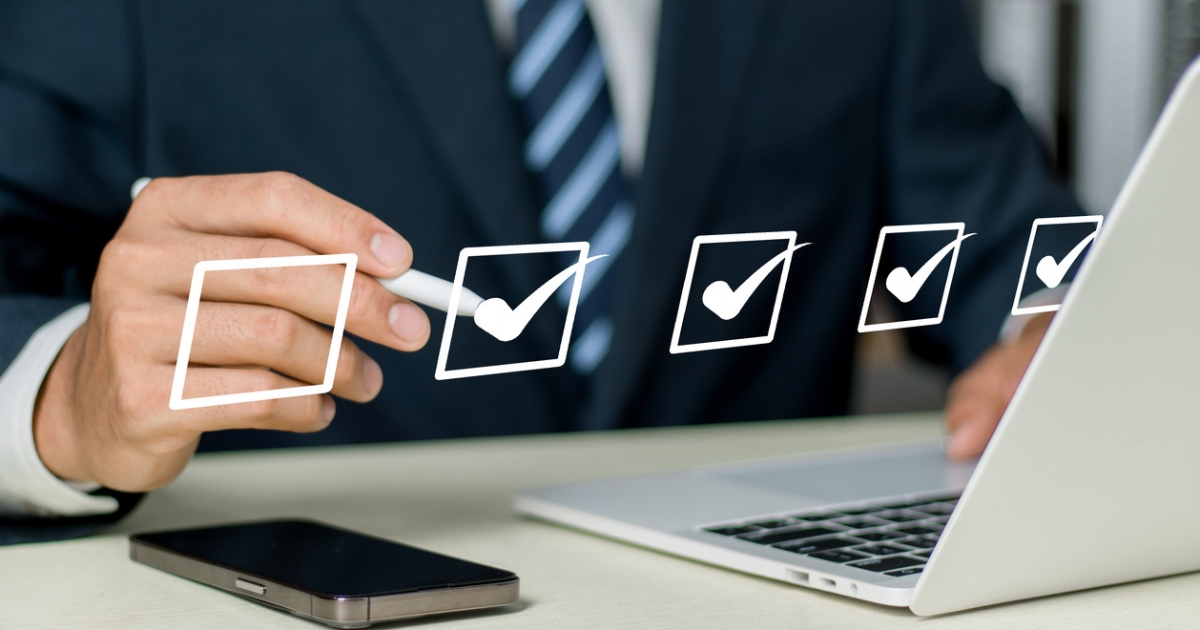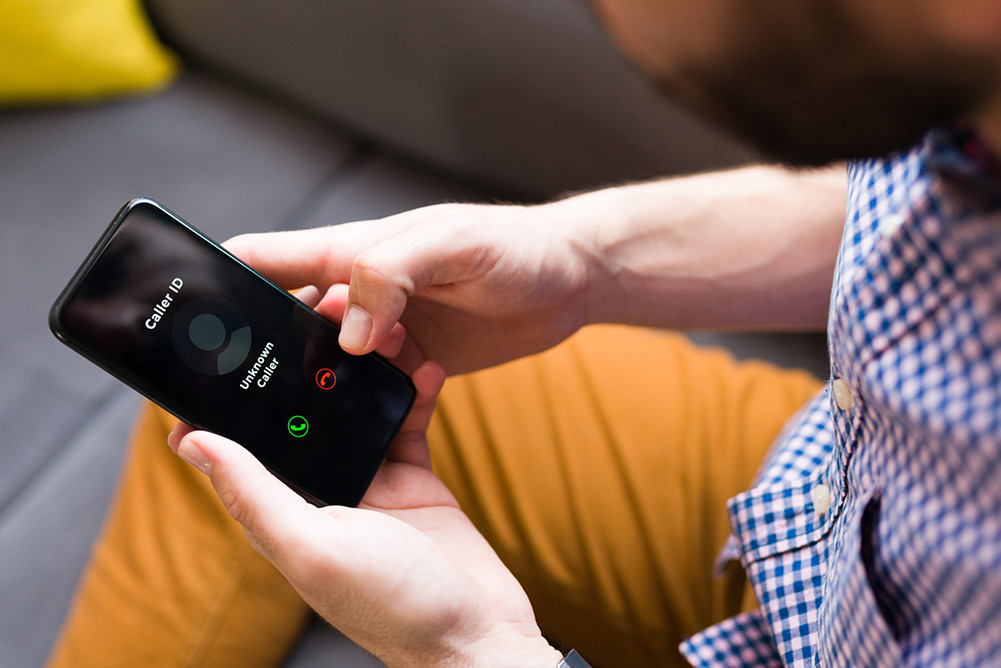The Telephone Consumer Protection Act (“TCPA”) and the Federal Communications Commission’s (“FCC”) implementing regulations primarily apply to four categories of calls:
- Calls made using an autodialer;
- Calls made with artificial or pre-recorded voices (including AI);
- Solicitation calls to numbers on the National DNC Registry; and
- Solicitation calls to persons who have made a company-specific request not to be called.
TCPA Restrictions on Autodialer Usage
The TCPA restricts, in relevant part, non-emergency autodialed calls (and text messages) to cell phones. You can only use an autodialer to make telemarketing or advertising calls to cell phone users who have provided you their “prior express written consent.” You still need consent—albeit a more relaxed form—to make any other non-emergency autodialed calls to cell phones. The TCPA’s autodialer restrictions do not apply to calls to landlines or business phones.
So What is an ATDS?
Although “autodialer” is the colloquial term, the TCPA and the FCC’s rules apply to an “automatic telephone dialing system,” which is defined as “equipment which has the capacity to store or produce telephone numbers to be called using a random or sequential number generator and to dial such numbers.”
For many years, plaintiffs’ lawyers successfully convinced the courts to effectively expand Congress’s autodialer definition to include technology that didn’t actually do what the law says it has to, i.e., to generate numbers. Courts also indulged a similarly expansive view from the FCC who also, like a modern shaman, divined the spirit of Congress rather than simply read and adhered to the words Congress actually used. In April 2021, the U.S. Supreme Court, in Facebook, Inc. v. Duguid, 141 S. Ct. 1163, rightfully corrected that mistake; you can find the full decision here.
In Facebook, the Supreme Court held that, for a device to qualify as an ATDS, it has to do what Congress said it has it do: it “must have the capacity either to store a telephone number using a random or sequential generator or to produce a telephone number using a random or sequential number generator.” Id. at 1167. In other words, to be an autodialer, the equipment must have the capacity to generate telephone numbers. (Spoiler alert: Readymode’s system does not do that; we rely on you, the customer, to supply the phone numbers you will call with our service.)
Post-Facebook decisions from various courts have generally reinforced the Supreme Court’s interpretation of what constitutes an autodialer. Some appeals courts have rules that devices that merely determine the order in which certain customer-supplied telephone numbers will be called, as opposed to actually generating telephone numbers, are not autodialers under the TCPA. Another appeals court has determined that, even if a device has the capability to generate telephone numbers, autodialer usage will only exist when a call is in fact made using that capability. That this number-generating capacity—as technically sophisticated as any toddler babbling numbers at random—may exist does not make every single modern UCaaS system an autodialer. In addition, several post-Facebook trial court decisions have ruled in the defendant’s favor, finding no autodialer usage, with many of those cases involving dialers similar to Readymode’s, insofar as they require the customer to supply the numbers they will call with the platform.
Conclusion
Thus, today the general rule is that, if the dialing system depends on you, the customer, to supply the telephones numbers that you’ll call, it is not considered an autodialer under the TCPA. In short, if you can steer clear of devices that can generate telephone numbers, you’re on the right path in your TCPA-compliance journey.
Remember: this article is about the federal TCPA regime. Some states, like Florida and Oklahoma, have more restrictive definitions of what qualifies as an “autodialer,” so be mindful of state laws too in your compliance journey. And remember, too, that this is only offered for informational purposes, not as legal advice. Please always consult a qualified attorney to address your compliance needs.
Joe Bowser
Joe Bowser is a partner at Roth Jackson. He has been practicing communications and marketing law for two decades. He advises and defends calling and SMS platform providers (like Readymode), carriers/VoIP providers, and heavy users of those services in their wide range of compliance needs. In his spare time, you can find him taking his boys to their sports, getting in a workout of his own, or catching an Arsenal match.









